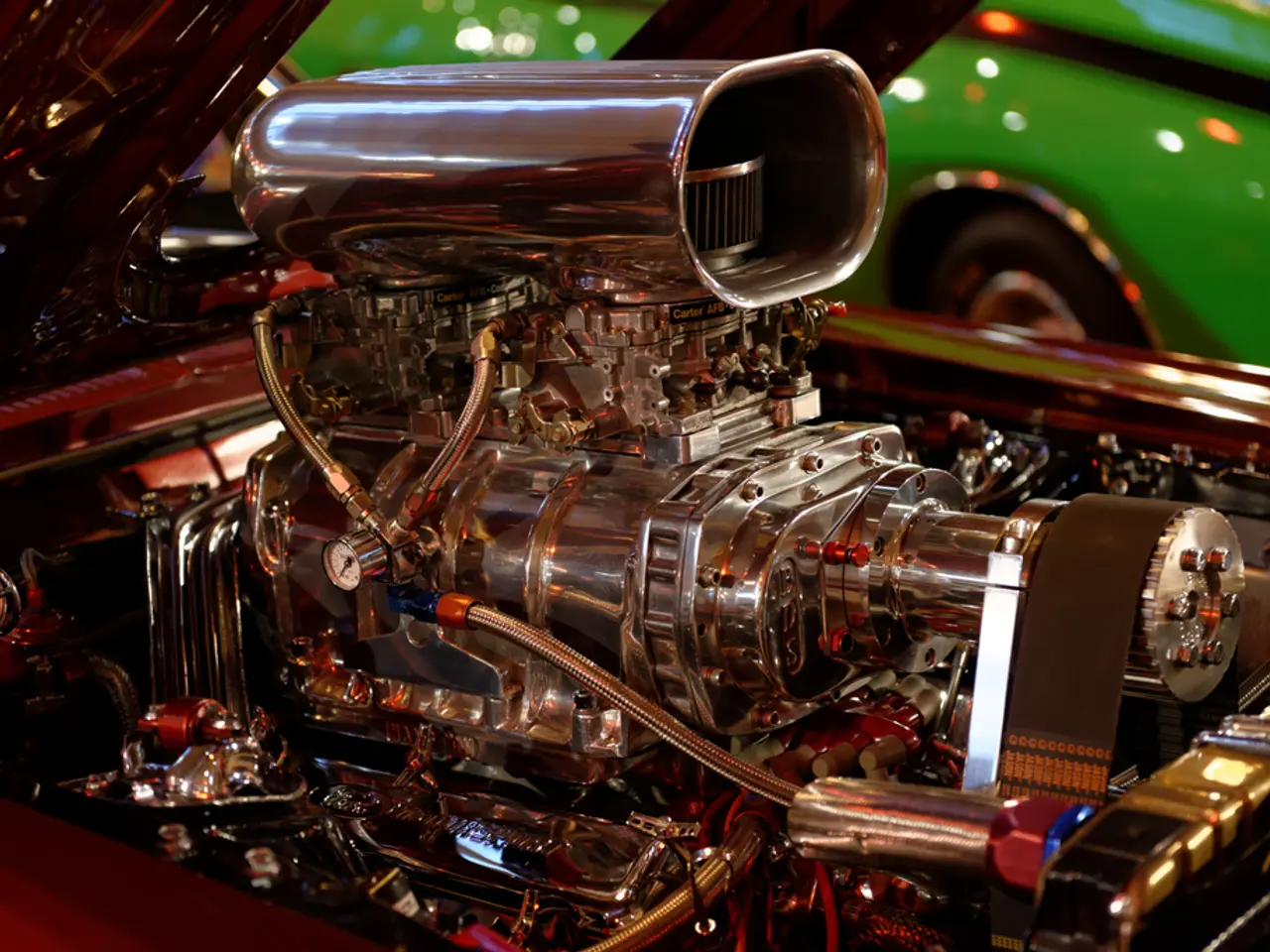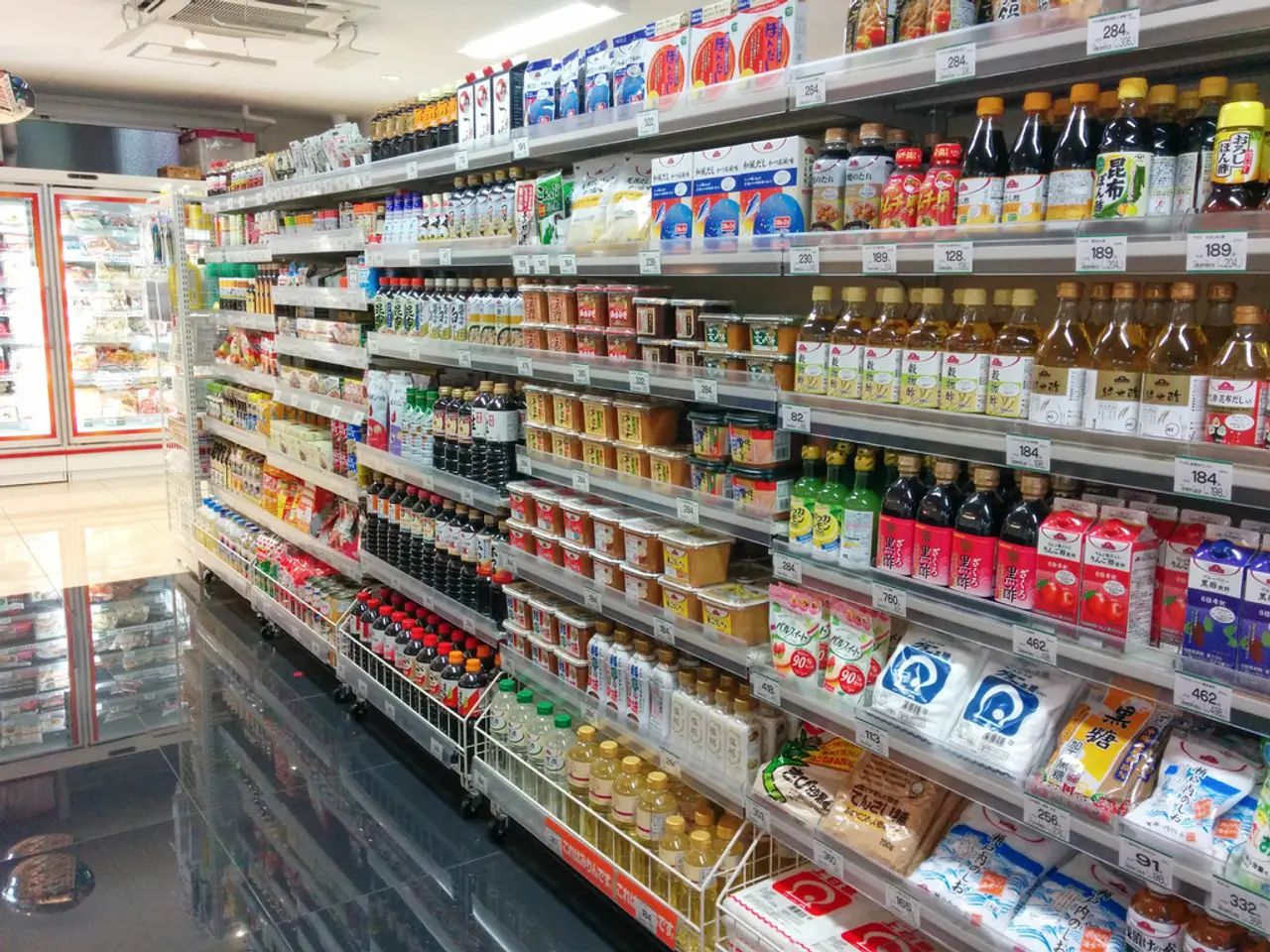Live, Unrestricted Discussions - Extensive 24-Hour Broadcast for Hydrogen Engine Race - Yearly Interview with Car Expert Shinya Yamamoto (3rd edition)
In the third year of Toyota's hydrogen engine challenge at the 24-hour endurance race, the conversation among manufacturers has become more open, according to automotive analyst Shinya Yamamoto. This shift, marked by the switch from gas to liquid hydrogen, signals a growing acceptance and cooperation in the industry, transforming the challenge from an experimental project into a shared endeavour towards carbon-neutral motorsports.
Yamamoto, who has closely followed the challenge since its inception, sees the shift to liquid hydrogen as a significant step forward in exploring viable alternatives to electric vehicles (EVs) and traditional gasoline engines. The use of liquid hydrogen technology, traditionally employed in rockets, could potentially feed cutting-edge technology back into mass production.
The switch to liquid hydrogen also brings practical advantages. Unlike hydrogen gas, liquid hydrogen allows for refuelling in the pits, making the future of the 24-hour race clearer, with the finish line potentially within sight. This development is a significant departure from the past, where only Toyota was able to openly discuss the potential of hydrogen engines. Now, all manufacturers are joining the conversation.
This collaborative spirit is evident in the formation of the Super Taikyu Waigaya Club by five Japanese automakers. The club aims to popularise motorsports and achieve carbon neutrality, further demonstrating the industry's commitment to sustainable racing.
The hydrogen engine challenge is not just gaining traction in Japan. In Europe, the continent's most historic race, Le Mans, has announced that hydrogen-powered cars will be allowed to race from 2026. This shift in perspectives suggests a growing interest in hydrogen technology as a viable alternative to battery electric vehicles (BEVs), which currently enjoy a strong chorus of support.
Chairman Akio's genchi genbutsu approach is moving people and encouraging honest discussions, fostering an environment where innovative ideas can flourish. As the hydrogen engine challenge continues to evolve, it remains to be seen how this technology will shape the future of endurance racing and contribute to the pursuit of carbon neutrality.
- The growth in conversations among manufacturers, as reported by automotive analyst Shinya Yamamoto, indicates a shift towards collaboration in the transportation industry, particularly in the exploration of hydrogen engines.
- The adoption of liquid hydrogen technology, traditionally used in rockets, could potentially contribute cutting-edge technology from sports-betting to mass production, given its potential benefits in motorsports.
- The Super Taikyu Waigaya Club, a collaboration by five Japanese automakers, illustrates the industry's commitment to the popularization of motorsports and carbon neutrality, as seen in their aims for sustainable racing.




